Jamie Dimon, the CEO of JPMorgan Chase, made a bold prediction at the America Business Forum in Miami on Thursday, stating that the developed world will be working three and a half days a week within the next 20 to 40 years. This forecast is based on the potential of artificial intelligence (AI) to optimize work schedules and improve productivity.
According to Dimon, JPMorgan Chase has already turned itself into a live-fire AI lab, with roughly 2,000 people building AI systems and about 150,000 employees using large language models every week on internal documents. The bank has hundreds of use cases running, including fraud detection, legal review, reconciliations, and marketing optimization. This extensive use of AI has led Dimon to believe that the technology will revolutionize the way people work.
The financial details behind JPMorgan Chase's AI efforts are substantial. The bank has invested heavily in AI research and development, with a significant portion of its budget allocated to this area. The company's AI lab has already produced notable results, including a 30% reduction in processing time for certain tasks and a 25% increase in accuracy for certain applications.
The market impact of Dimon's prediction is significant. If AI is able to optimize work schedules and improve productivity, it could lead to a reduction in labor costs and an increase in competitiveness for companies that adopt the technology. However, it also raises concerns about job displacement and the potential for a widening wealth gap between those who have access to AI-powered jobs and those who do not.
JPMorgan Chase is one of the largest banks in the world, with a significant presence in the financial services industry. The company's use of AI is not unique, however, as many other major banks and financial institutions are also investing heavily in the technology. The industry as a whole is expected to see significant growth in AI adoption over the next few years, with some estimates suggesting that AI could add up to $1 trillion to the global economy by 2030.
Looking ahead, Dimon's prediction suggests that the future of work will be shaped by AI in significant ways. While the exact timeline for a three-and-a-half-day workweek is uncertain, it is clear that AI will continue to play a major role in shaping the way people work and live. As the technology continues to evolve, it will be interesting to see how companies and governments respond to the challenges and opportunities presented by AI.
In terms of future outlook, experts predict that AI will continue to drive productivity gains and improve efficiency in various industries. However, it also raises concerns about job displacement and the need for workers to develop new skills to remain relevant in the job market. As Dimon noted, "It's going to affect every application, every job, every customer interface." The key will be for companies and governments to work together to ensure that the benefits of AI are shared by all and that the negative consequences are mitigated.







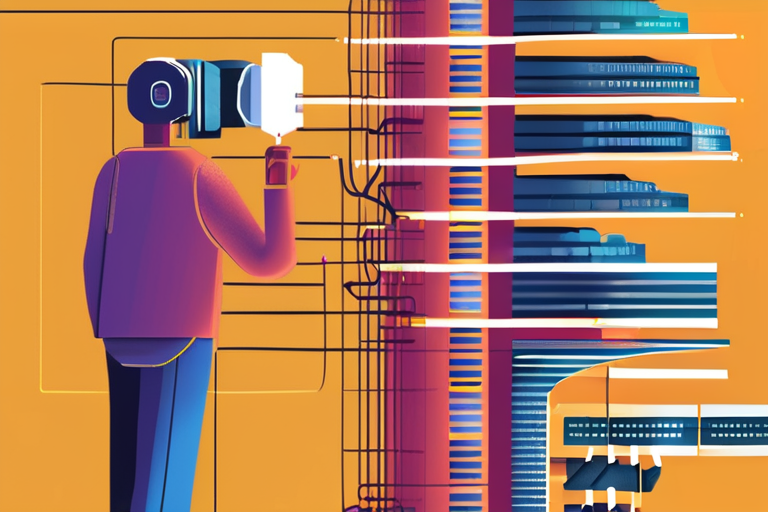



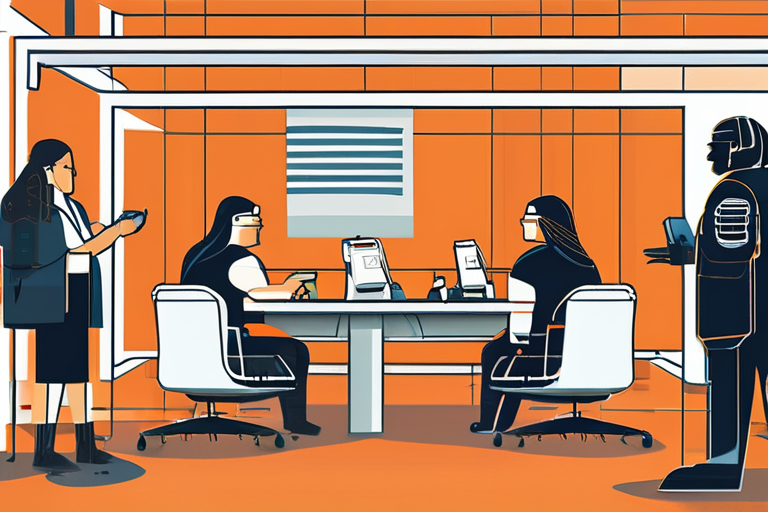
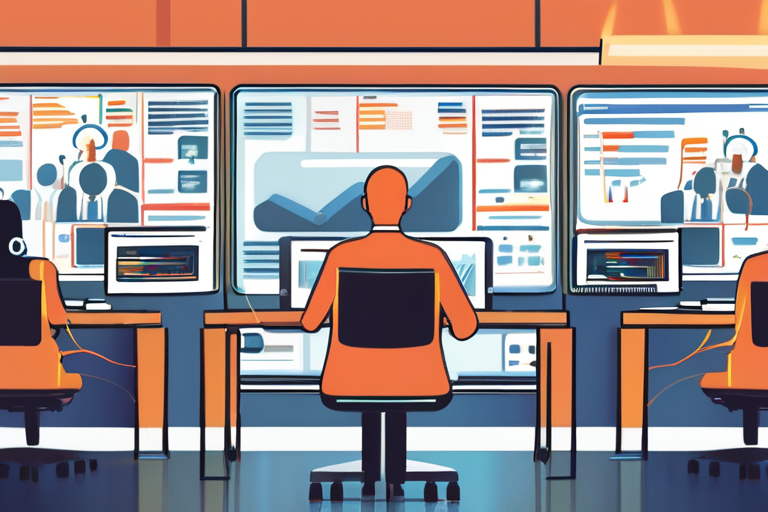

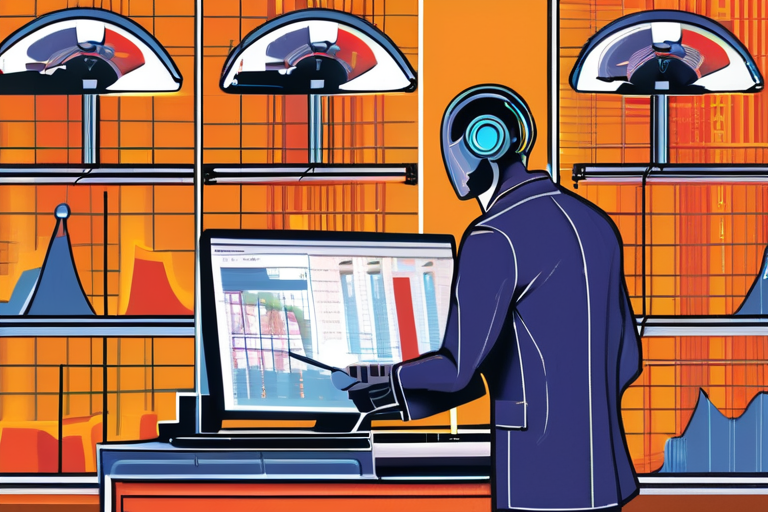
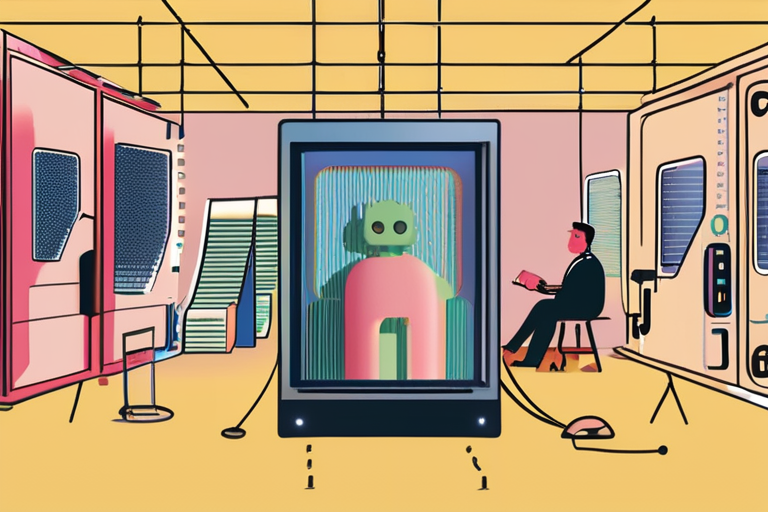

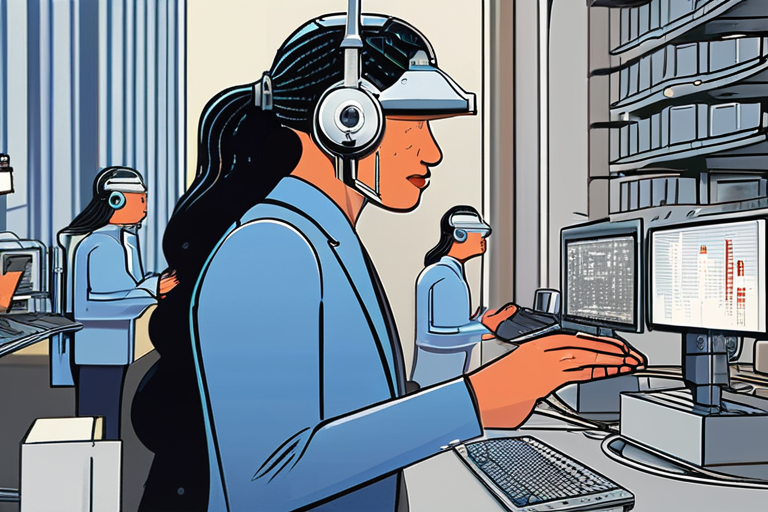
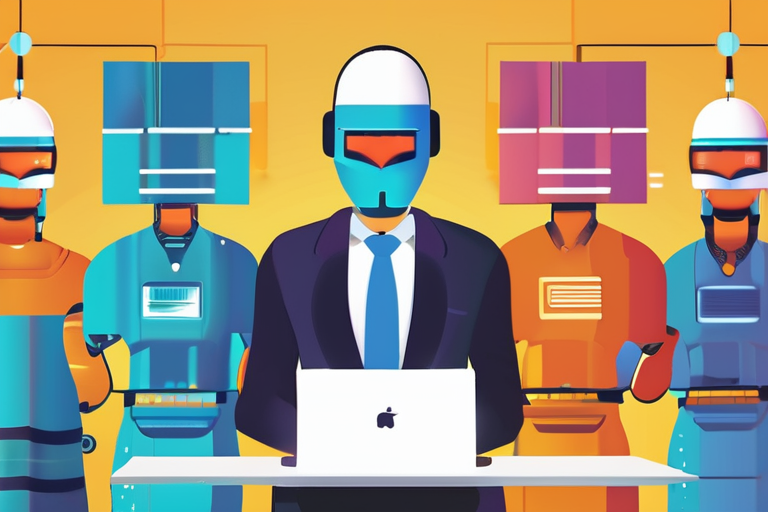
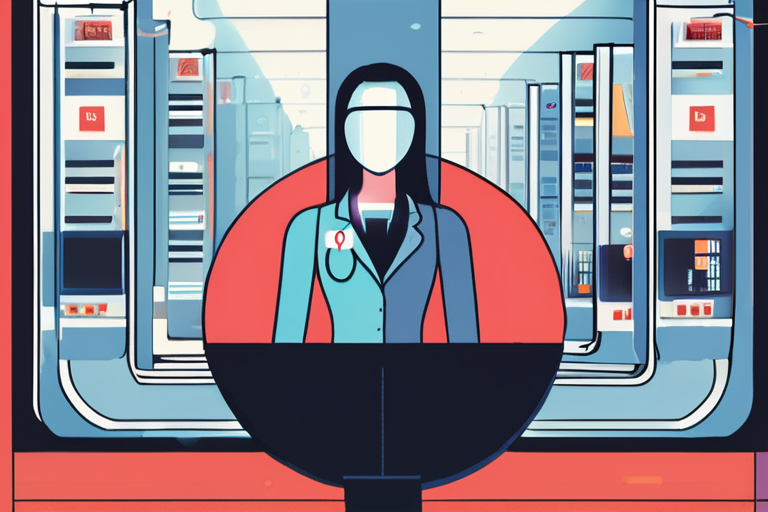



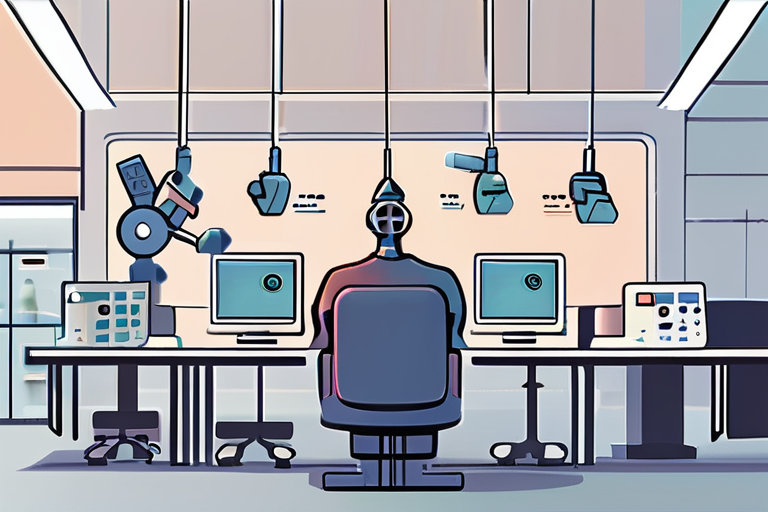
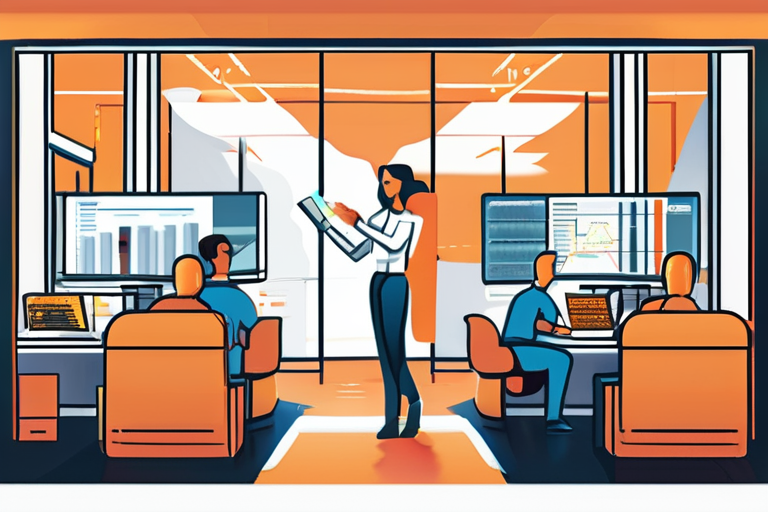
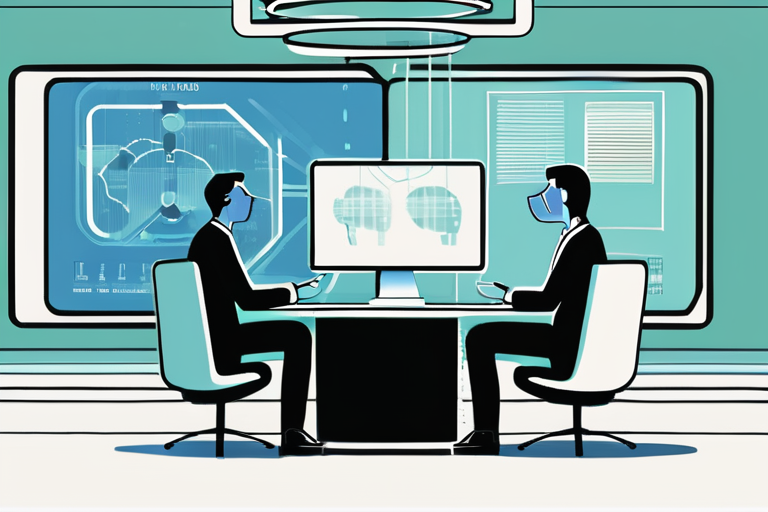
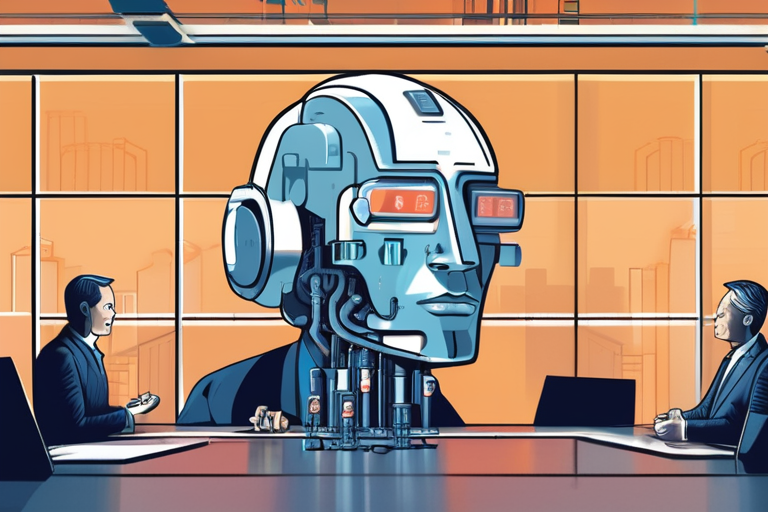
Share & Engage Share
Share this article